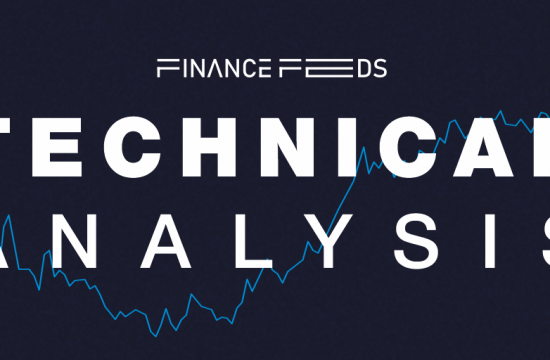A European Central Bank (ECB) official said the regulator wants to make the digital version of the euro currency “free to use and available to all.” However, ECB does not want to keep any personal data on its users or let people make regular payments to cover transactions like bills or rent.

ECB board member Fabio Panetta gave assurance that the digital currency wouldn’t disrupt the bloc’s financial system in a speech to the European Parliament’s Committee on Economic and Monetary Affairs.
“Our priority for the digital euro project has always been clear: to preserve the role of central bank money in retail payments by offering an additional option for paying with public money, including where this is not possible today, for example in eCommerce”, Panetta said.
The digital euro has been in an investigation phase for more than a year, but it’s not clear yet how it will be designed and what its business model will comprise. The ECB’s two-year investigation into a central bank digital currency (CBDC) will end in the fall, at which time the EU leaders will decide whether to take a digital euro to the next phase.
The ECB official suggested that a key feature is the ability to “pay anywhere,” including brick-and-mortar and online stores. Physical stores are the most important market segment for digital payments, he adds, accounting for more than 40 billion transactions in the euro area.
“The digital euro would be a public good. It would therefore make sense for its basic services to be free of charge – for example when using the digital euro to pay another person, as is the case for cash”, Panetta told the EP committee.
Instant, easy, contactless payments, especially for person-to-person payments, were the second-most valued feature. As such, the focus groups, which are tasked with identifying the characteristics of a digital euro, would like to see a solution that allows instant person-to-person payments regardless of the platform used by the payers and payees.
The notice goes on to detail that payments in e-commerce and physical stores, as well as person-to-person payments, are natural candidates to be prioritised among the possible use cases of a digital euro.
ECB President Christine Lagarde said that a digital euro could encourage financial inclusion among underserved communities by circumventing roadblocks, including transaction fees and documentation requirements.










